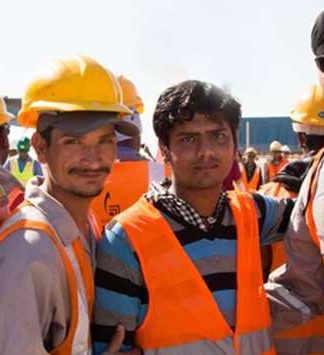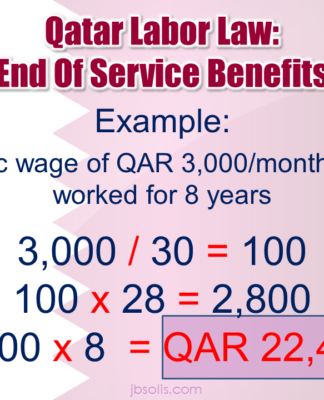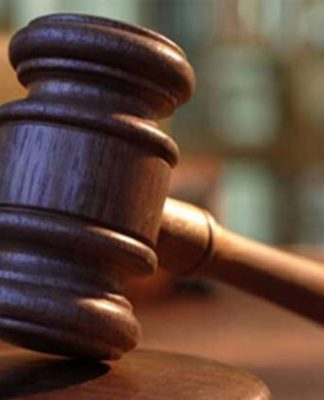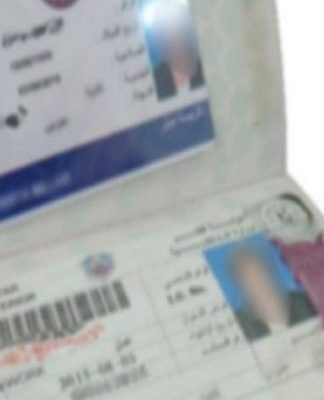Thousands of Canadians from coast to coast have sought to show their support for victims of a shooting spree on a Québec City mosque, as the country struggled to comprehend how one of Canada’s safest cities had become the setting for an attack described by the country’s prime minister as an act of terror.
Just steps away from the mosque, residents braved the bitter cold to leave flowers and handwritten signs of support in nearby snowbanks.
Alexandre Bissonnette, a 27-year-old university student, was charged with six counts of first-degree murder and five charges of attempted murder on Monday. Those who knew Bissonnette described him as pro-Donald Trump, anti-immigration and sympathetic to the far right, prompting many to ask whether the current political climate had laid the ground for the attack.
The gunman unleashed a scene of “unspeakable brutality”, the Québec City Islamic cultural center, also known as the Grande Mosquée de Québec, wrote on its Facebook page.
“Gunshots, deaths, loading of ammunition, the cries of the injured. Blood on the prayer rugs. Practically a scene of war, here in our home of Quebec City, our city known for its peacefulness. Children witnessed this vile cruelty.”
Six men – all fathers – were fatally shot in the back as they prayed. Another 19 people were injured. On Tuesday, two remained in critical condition in hospital.
“It’s horrific. Horrific … in our magnificent city, it’s horrific,” said Régis Labeaume, Québec city’s mayor.
Home to just over 500,000 people, the city saw just one homicide in all of 2016. Now it has become the setting for one of Canada’s worst mass murders in recent years.
Over recent months, the mosque had been targeted in a series of attacks that rattled the city’s tight-knit Muslim community. Swastikas had been spray-painted on the walls of the mosque and a gift-wrapped pig’s head was left on the doorstep of the mosque during Ramadan, with a note reading “bon appétit”.
Weeks later, neighbours received a pamphlet alleging ties between the mosque and terrorism. “Security at our mosque was our major, major concern,” said Mohamed Labidi, the facility’s vice-president. “But we were caught off-guard.”
Administrators of the mosque had installed security cameras both inside and outside the mosque, said Boufeldja Benabdallah, the mosque’s co-founder. “We don’t live in a climate of fear, but we do take precautions.”
Similar measures have been taken at mosques across Canada. Within just three years, the number of police-reported hate crimes against Muslims in Canada more than doubled, from 45 in 2012 to 99 in 2014, according to Statistics Canada.
“Islamophobia has killed innocent Canadians,” the Canadian Council of Imams said in a statement on Monday. “As we pray for those who have lost their lives, the injured and their loved ones, we ask all decent people to stand against hatred of Islam and Muslims in all forms.”
Some pointed to the political right for helping to create a climate that fostered the escalating hostility towards Muslims. “This mosque attack is no accident,” MP Michael Chong said on Twitter on Monday. “It’s a direct result of demagogues and wannabe demagogues playing to fears and prejudices.”
Sunday’s attack took place amid heightened tensions linked to the travel ban imposed by Donald Trump on seven Muslim-majority countries.
Chong alluded to Trump, as well as Kellie Leitch, an MP who of late has floated the idea that all immigrants, refugees and visitors to Canada should be screened for anti-Canadian valuesbefore being allowed in the country. Chong and Leitch are among more than a dozen candidates running for leadership of the federal Conservative party.
“It’s time to say, ‘enough.’” Chong added in a Facebook post. “Playing footsie with hate is anathema to Canadians’ values. It is dangerous, it is cynical and we need to root it out.”
Leitch released a statement saying: “This outrageous act of violence is an attack not just on those gathered in a house of worship, but on the very fabric of Canadian society.”
For years the right in Canada has toyed with identity politics; in the run-up to the last federal election, the Conservatives promised a hotline to allow Canadians to report “barbaric cultural practices” while Stephen Harper, the former prime minister, attempted to use a proposal to outlaw face coverings during citizenship ceremonies as a wedge issue.
Philippe Couillard, the premier of Québec, noted on Monday that Canada had not escaped the political turbulence that has marked many other countries around the world. “Our society is a very open, tolerant and hospitable place, but we’re not different from other societies. We have the same devils as other societies: xenophobia, racism, exclusion exist in Québec too.”
“We’ve heard stories of women being spat on in the streets,” Couillard said. “People feel they have a license to do that now.”
The province has long been home to a simmering debate on race and religious accommodation. In 2013, the Parti Québécois – a provincial political party that advocates national sovereignty for Quebec – sparked controversy with a proposal to ban public servants from wearing religious symbols such as kippahs, turbans or hijabs. The party was defeated in provincial elections soon after.
The debate was resurrected in October, after the Liberal government launched parliamentary hearings on proposed legislation to ban anyone wearing a face covering from receiving public services in the province.
Days earlier, Jean-François Lisée, the newly elected leader of the Parti Québécois, hinted that the party would again focus on religious accommodation, with a series of interviews in which he argued that burqas should be banned in public.
On Monday, Hakim Merdassi, a member of the city’s Tunisian association, drew a direct line between the divisive debate and the bold attack. Addressing a stage full of Québec politicians – including François Legault of the Coalition Avenir party, who has spoken forcefully against burkinis – a visibly shaken Merdassi described the attack as an “opportunity to reject those who enrich themselves through hate”.
His voice laced with sadness, he added: “Certain politicians have been pyromaniac firefighters and today we have all been burned.”














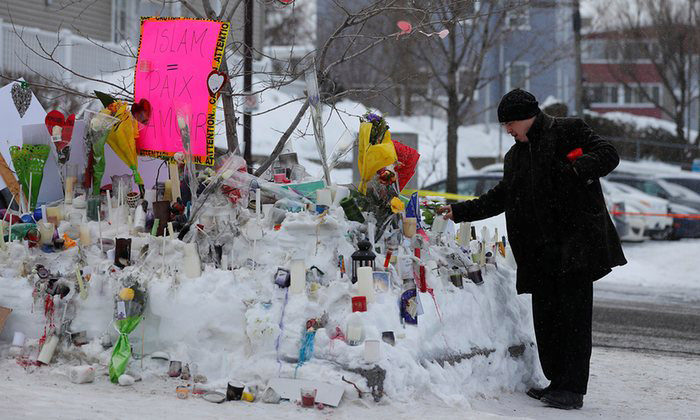


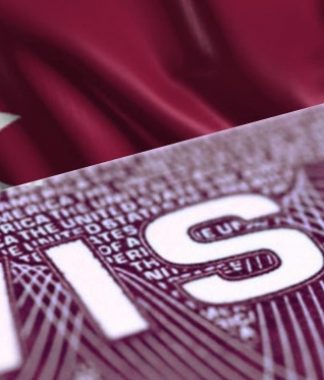
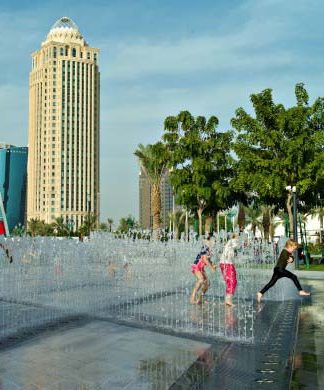

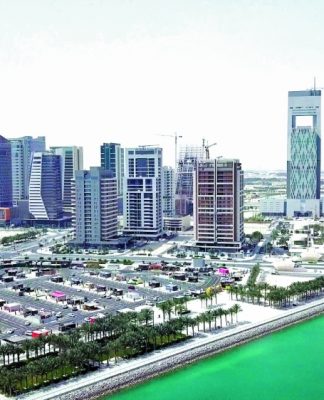


![How to get a Qatar Family Residence Visa? [ Updated ]2022](https://welcomeqatar.com/wp-content/uploads/2022/04/maxresdefault-2-324x400.jpg)

